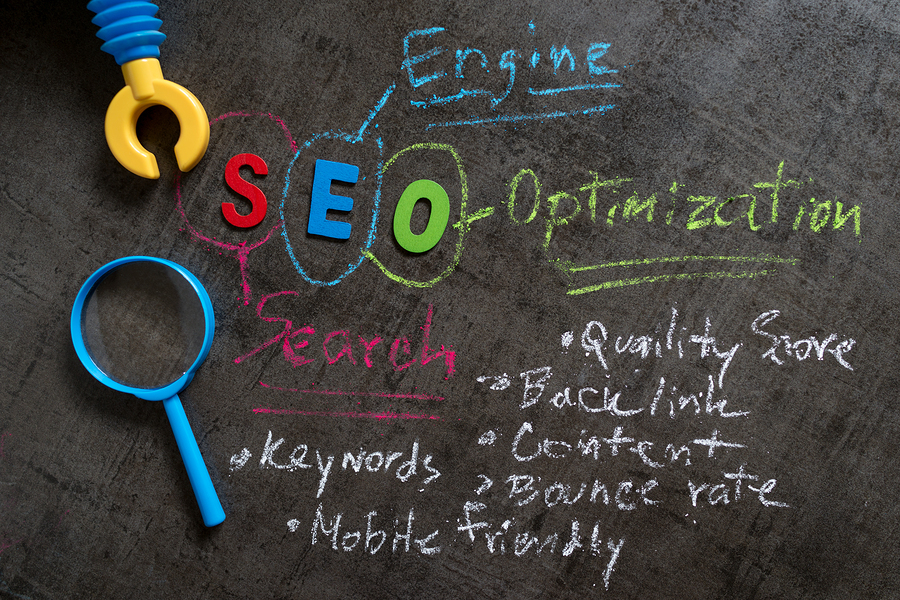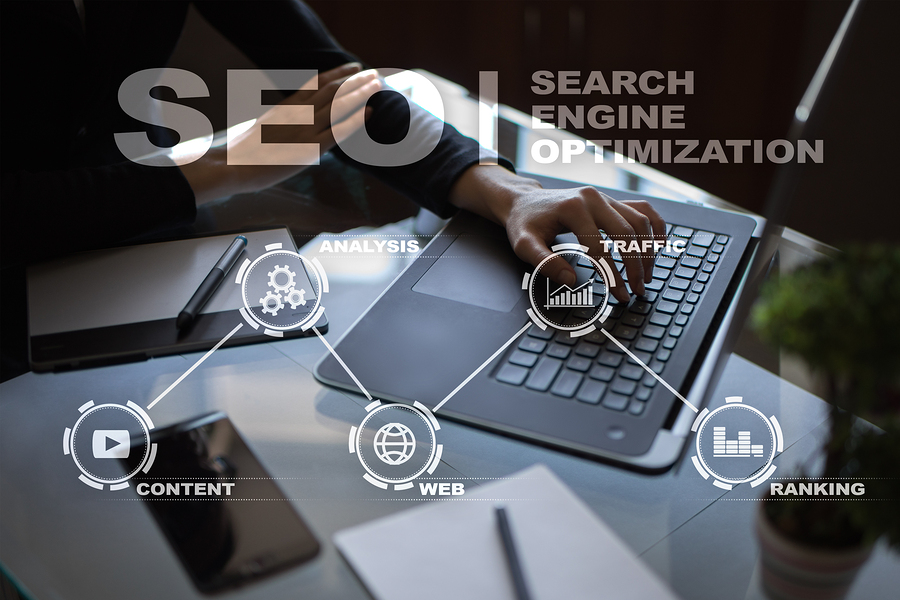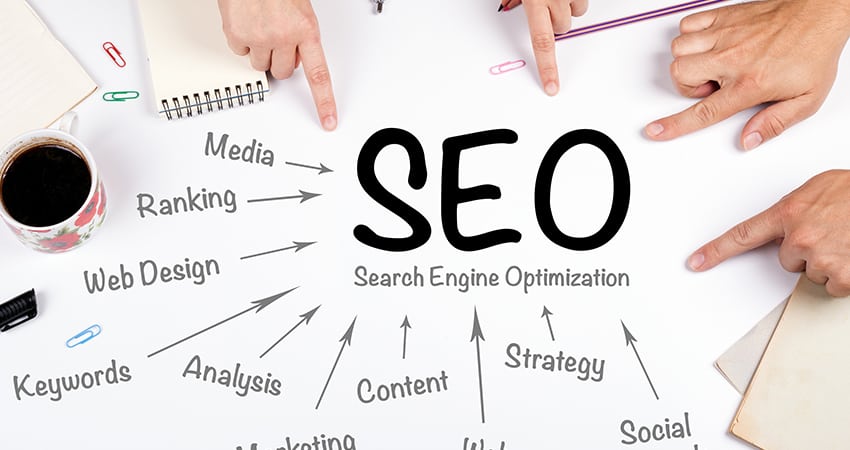Search engine optimization (SEO) helps to improve the organic ranking of a website and make it more discoverable by a simple google search. In today’s modern era, it is very important to incorporate SEO to make sure you are getting the maximum benefit from your online business. A good SEO will bring relevant people to your site that has more chances of conversion into customers. An optimized SEO will surely reduce the bounce rate of your website by increasing engagement. Below we have mentioned some of the tips that will help you optimize SEO for your website.
Optimizing your website for SEO help you to rank so that your websites become discoverable by a simple google search. To start optimizing your website for SEO, you have to go through the following steps. The Digital marketing course in Baroda will provide all the guidance related to search engine optimization that can help you improve your website and rank high.
Keep an Eye on The CTA of your website

source: pinterest.com
CTA of a website means Call to Action. Every website has a purpose. The owner either wants users to buy a specific thing, sign up for their program, or do something else. This specific task is called CTA. If only a small percentage of people fail to click on your CTA then it is not a problem. However, if this number is large then some adjustments might be necessary.
Analyze the User Behavior

source: pinterest.com
A user behavior report shows you how people behave after landing on your website. One standard platform that everyone can take great advantage of is Google Analytics. It shows you exactly how visitors are able to find your website, which device they are using, the exact number of visitors, dwell time, and bounce rate. This information helps you to understand that how your visitors are interacting with your site.
Optimize the Poorly Performing Pages
Study the pages which are getting more traffic and interaction than others. Reverse engineer these pages and find out why they are successful. Replicate the characteristics of these pages across any poorly performing pages on your site.
Produce Long and Engaging content

source: multichannelmerchant.com
It is true that the length of your blog post depends upon your topic and target audience. But the ideal length of a blog post is around 1500 words. If you’ve no idea about how long your blog post should be, search your primary keyword on google and visit the top 10 ranked pages and see how long their content is. If their pages are around 1500 words then you should also aim for that number or more. While doing this remember that length will not magically help your content to rank.
Length only gives a message to google that you are offering more information on the topic. Your content should have only relevant information to keep the reader engaged. Long and engaging content will naturally keep visitors on your webpage for a longer time thus helping your blog post to rank higher.
Optimize On-page SEO
On-page SEO refers to optimizing web pages for specific keywords that will help to improve the visibility of your website. This includes the following.
- Make sure that the keyword is present in the headline of the webpage. Also, that keyword should be there in the subheadline at least once.
- The URL should be clean and the URL slug should also include the keyword.
- Make your website easier to navigate by improving the internal links.
- The home page of your website should not be boring. Keep it simple and attractive.
- Improve the loading speed for all the elements of your website. Loading speed is the most important and overlooked aspect of SEO.
- Include images, infographics wherever necessary
- Incorporate video content on your website. Video content appeals to most age groups. Moreover, kids can easily understand the form of content that is the most engaging.
Optimize Off-page SEO

source: griddigitalmarketing.com
Off-page SEO is also known as Off-site SEO. It deals with optimizing your website through external means. This includes guest posting, influencer marketing, and increasing engagement through various social media activities. Off-page SEO relies heavily on backlinks to improve a website’s ranking. The backlinks shouldn’t be from less credible or less trustable sites. This will hurt your site’s credibility instead of improving it.
Optimize Your Website for Different Devices
Your website should be compatible with all devices like desktops, smartphones, and Ipads. For on-the-go searches, most people use smartphones. So if your website text is stretched out or it is not loading property when using on mobile then the user will close it immediately and go somewhere else. So it is very important to have a mobile-friendly website.
Improve the Website Loading Speed

source: dealsinsight.com
SEO’s most important and overlooked factor is the speed at which a website loads. Even you will press the back button if a website takes forever to load. To know which pages of your website are taking longer than usual to load, you can use the Google search console. Go to google search console. Under enhancements click on the speed section. Those pages which take a long time to load will be visible. Click on speed suggestions to know how you can improve the loading time for that page.
What we Learned
For Some People, SEO could seem very complex and unnecessary. But following some of the tips that we mentioned will sure make SEO simple for beginners. Produce more informative and engaging content than competitors, optimize your website for on-page and off-page SEO, Make your website compatible with different devices, learn how to use basic SEO platforms like Google analytics and google search console. At last, if you are a beginner then don’t stress yourself trying out everything at once. Concentrate on one thing before moving on to the next. Also, get more information at Live Enhanced.




